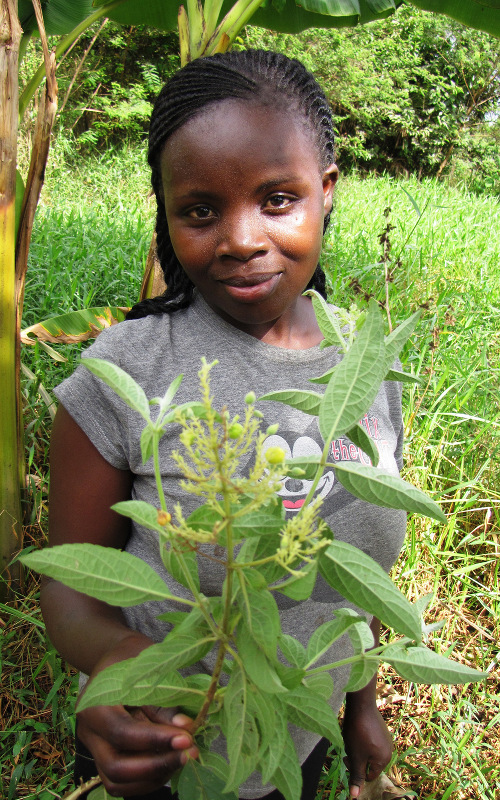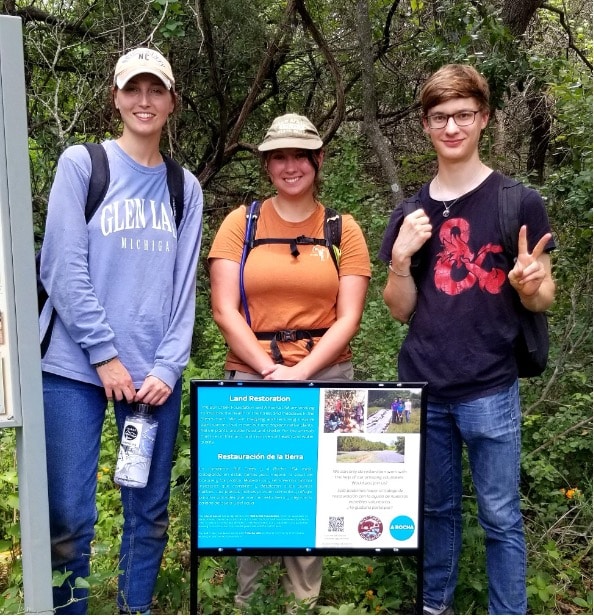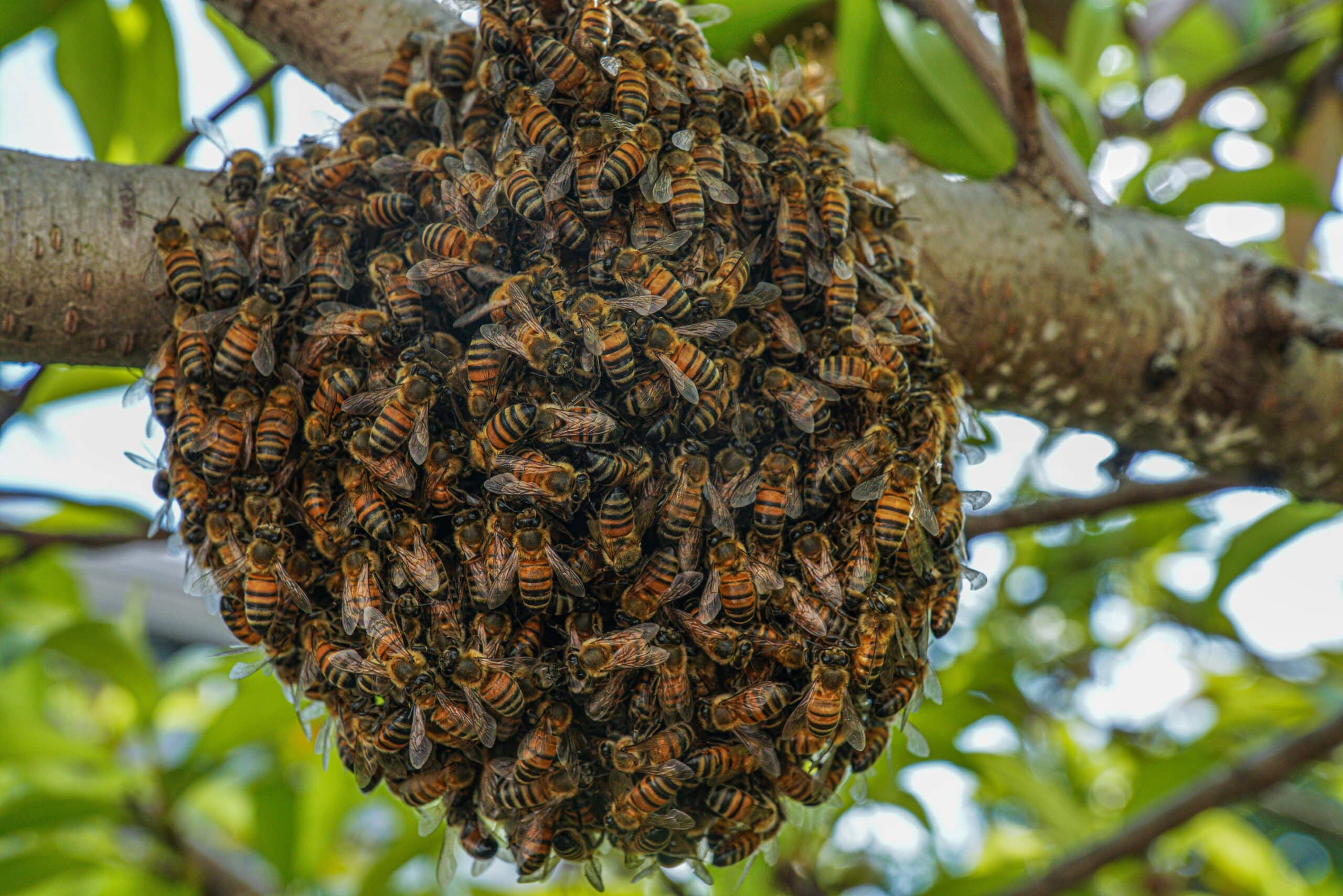A harvest for the world
With over 50% of the world’s population now living in cities, Harvest festivals can seem archaic and quaint. At its worst Harvest can simply be a longing for a mythical rural idyll that never really existed, yet I believe we need to celebrate Harvest today more than ever. Here’s why.
 Harvest is at the heart of biblical worship. It’s sometimes wrongly stated that Harvest festival began in Victorian Britain, but its roots are much older. In the Old Testament, the three great festivals of Passover (Pesach), Pentecost (Shavuot) and Booths (Sukkoth) originated to celebrate the harvests of barley, wheat and fruit respectively, whilst also remembering God’s actions in history in the exodus from Egypt, the giving of the Torah, and God’s provision in the wilderness. So, celebrating God’s gifts in the harvest of earth’s goodness is central to worship. If you’re not convinced, try reading Psalm 65!
Harvest is at the heart of biblical worship. It’s sometimes wrongly stated that Harvest festival began in Victorian Britain, but its roots are much older. In the Old Testament, the three great festivals of Passover (Pesach), Pentecost (Shavuot) and Booths (Sukkoth) originated to celebrate the harvests of barley, wheat and fruit respectively, whilst also remembering God’s actions in history in the exodus from Egypt, the giving of the Torah, and God’s provision in the wilderness. So, celebrating God’s gifts in the harvest of earth’s goodness is central to worship. If you’re not convinced, try reading Psalm 65!
Harvest attunes us to the rhythms of creation. Our increasing alienation from land, and the seasonal rhythms of nature mean that we need reminders of our utter dependence on God’s provision through nature’s bounty. Harvest isn’t just a display of fruit and vegetables and an excuse for a good meal. It should be about recognizing that our wellbeing is tied to preserving the few precious inches of topsoil, to the interplay of rain and sun, night and day, winter and summer, and the regular rotations of the earth and moon.
Harvest ties us to the global poor. Whilst wealthy countries have overflowing supermarket shelves, obscene quantities of food waste, and an obesity crisis, more than 1.3 billion of the global poor live on less than $1.25 per day and according to UNICEF 22,000 children die each day due to poverty. If the gospel is to be good news, it must be good news for the poor (Luke 4:18). Whilst some progress has been made in tackling extreme poverty, inequality between rich and poor continues to grow. Feasting and rejoicing must never be an excuse for wastefulness. After feeding 5,000 Jesus told his disciples “Let nothing be wasted” and made them gather all the leftovers (John 6:12).
Harvest reminds us that we are creatures too. Psalm 104 celebrates a God who provides good food and drink for wild animals and birds, domesticated animals and human creatures too. It’s an extraordinarily egalitarian Psalm, in that humans are not privileged but simply included amongst the community of dependent creatures. Harvest reminds us that global biodiversity is fragile and threatened and that we are part of it.
Harvest makes us thankful to God. Believing we are self-sufficient is at the root of turning against God. Harvest recognises our reliance on all that God provides through nature’s goodness, and encourages us to worship in humility and joy. The acknowledgement in the Lord’s Prayer that God gives us our daily bread should root us in our contingency and interdependence, and lift our hearts in thankfulness.
2018’s Harvest can be more plentiful with your help! Your gift will enable A Rocha to offer families access to alternative sources of income which will protect local wildlife and their habitats: Wildlife and livelihoods
We are happy for our blogs to be used by third parties on condition that the author is cited and A Rocha International, arocha.org, is credited as the original source. We would be grateful if you could let us know if you have used our material, by emailing [email protected].



